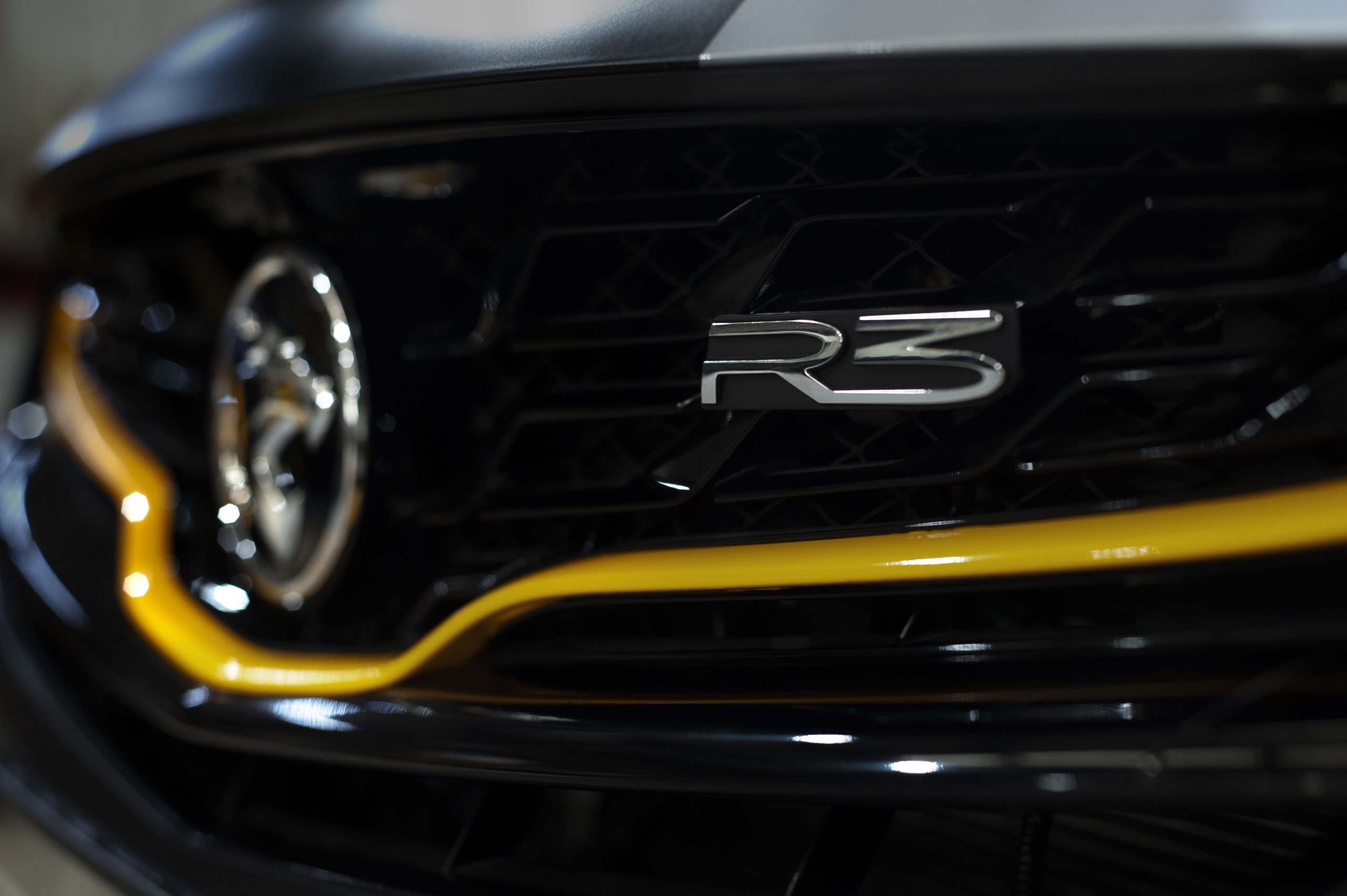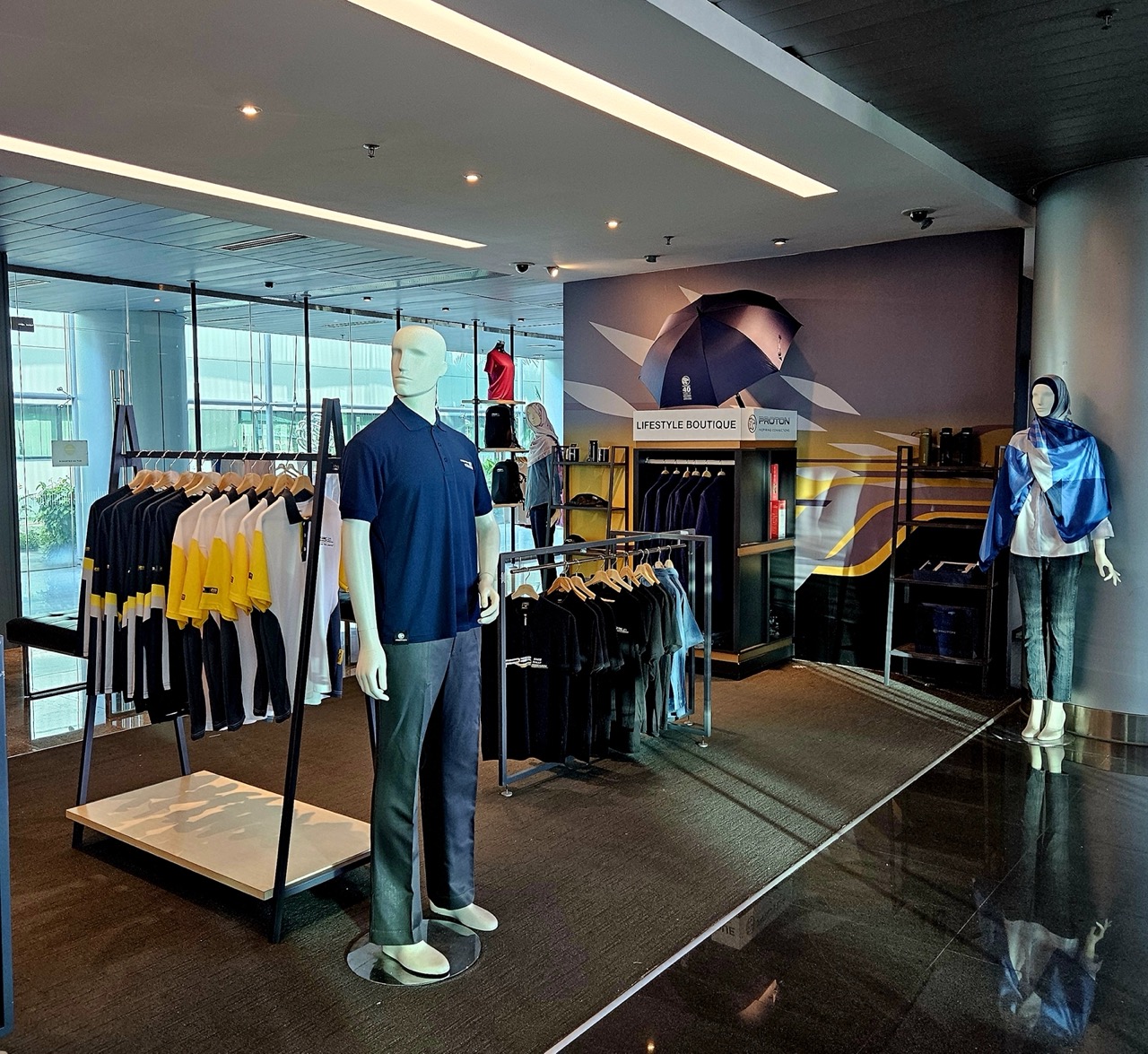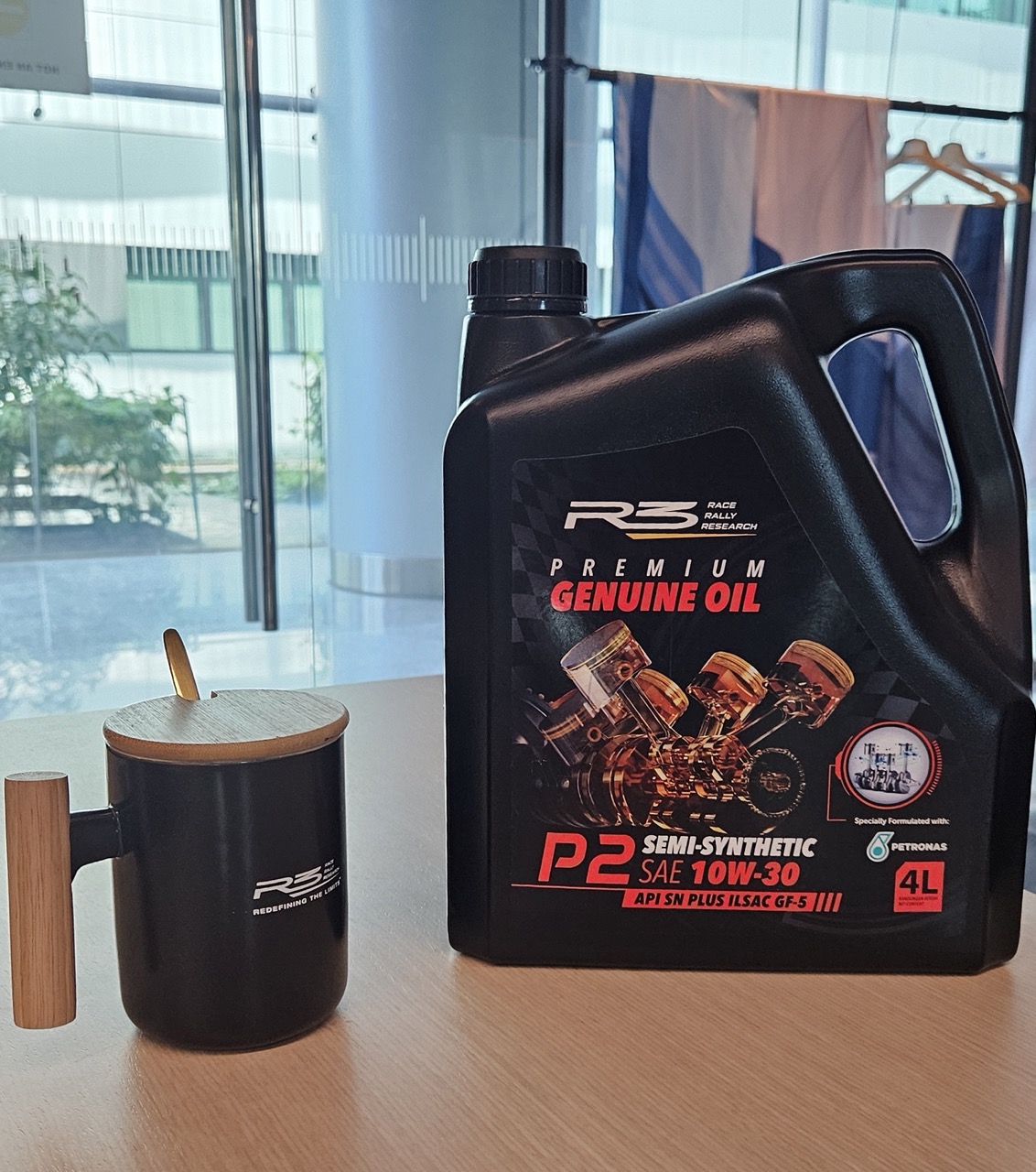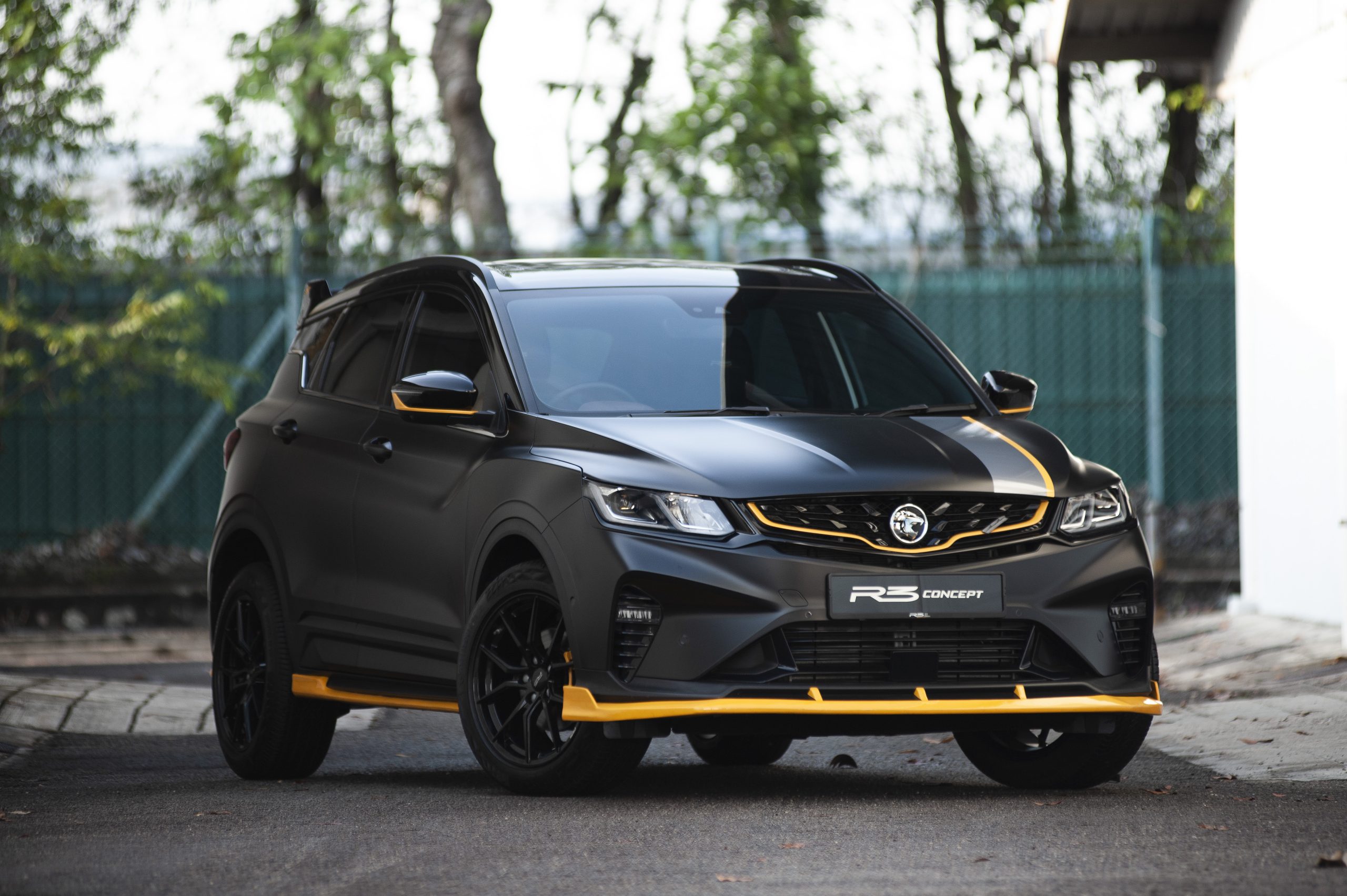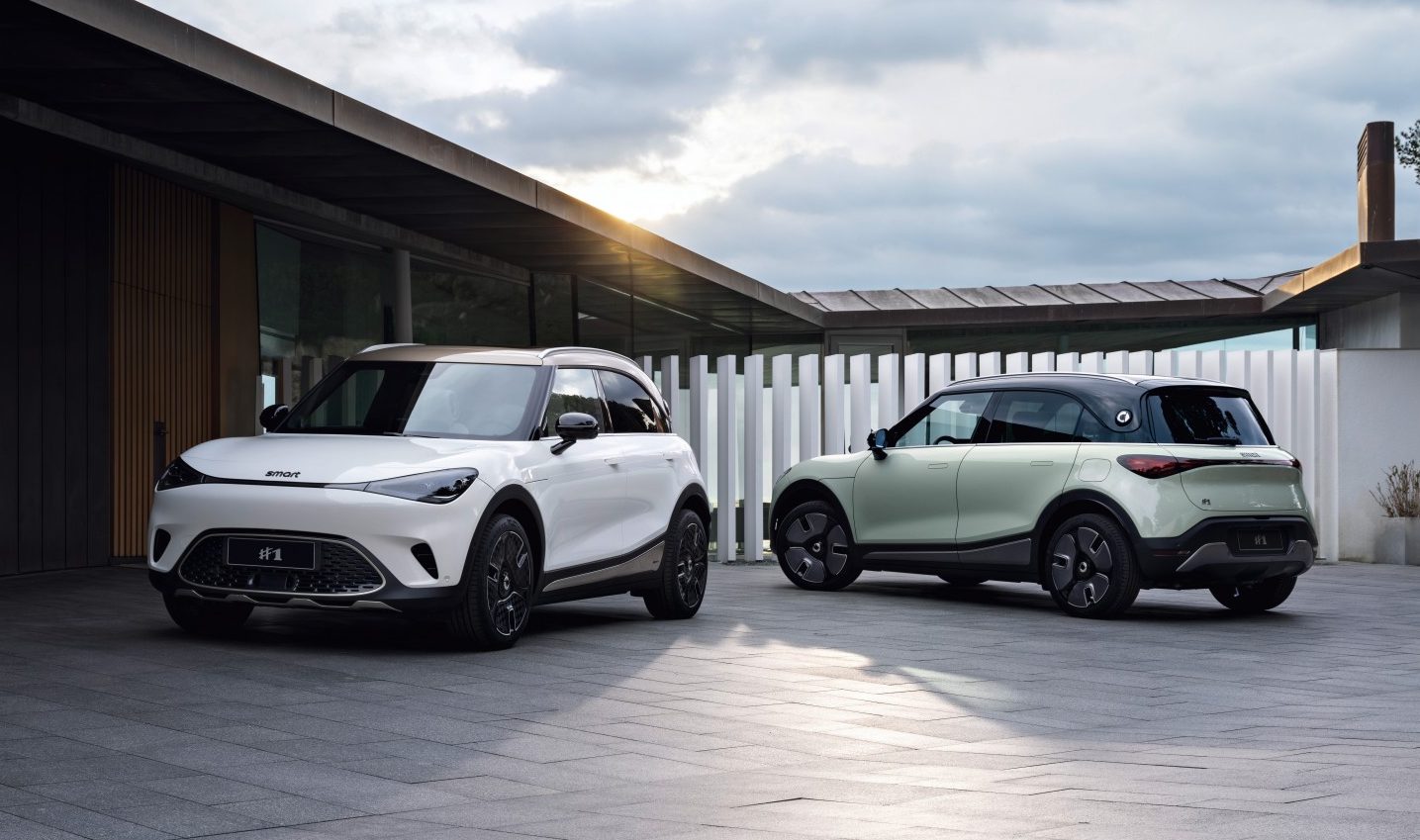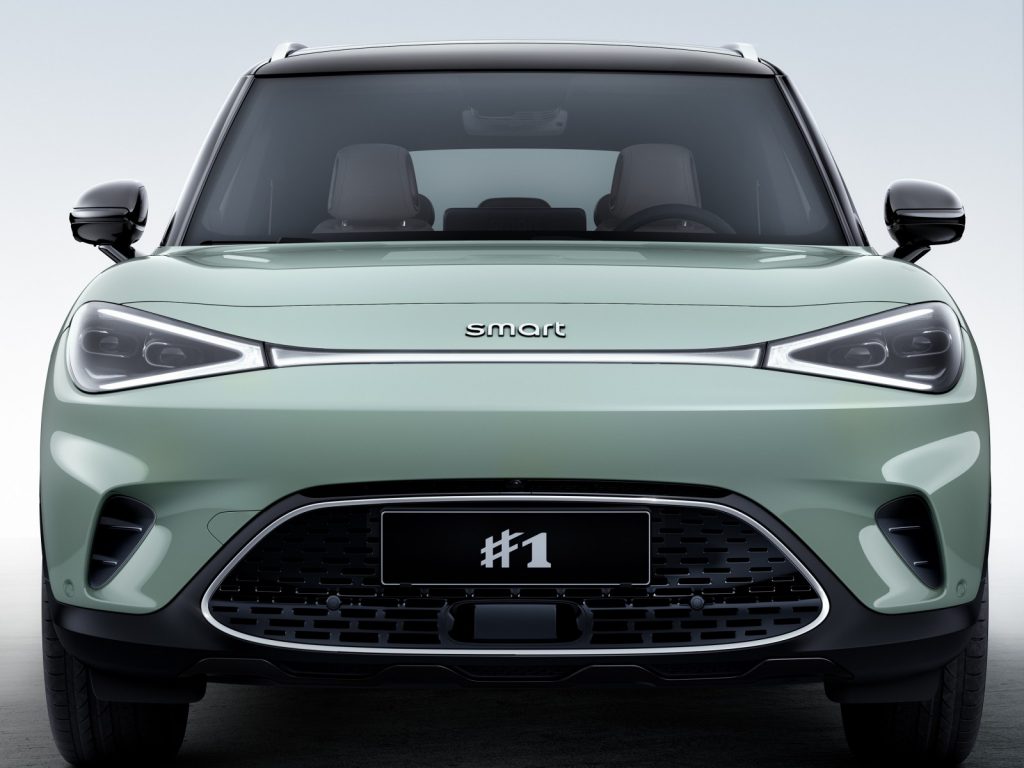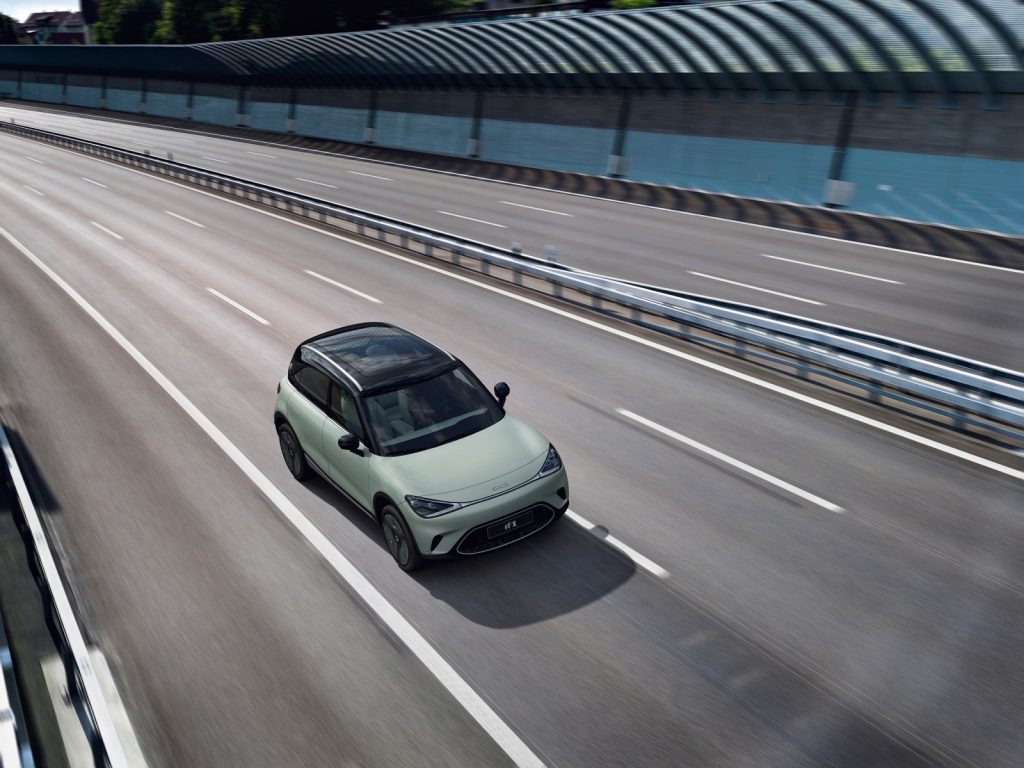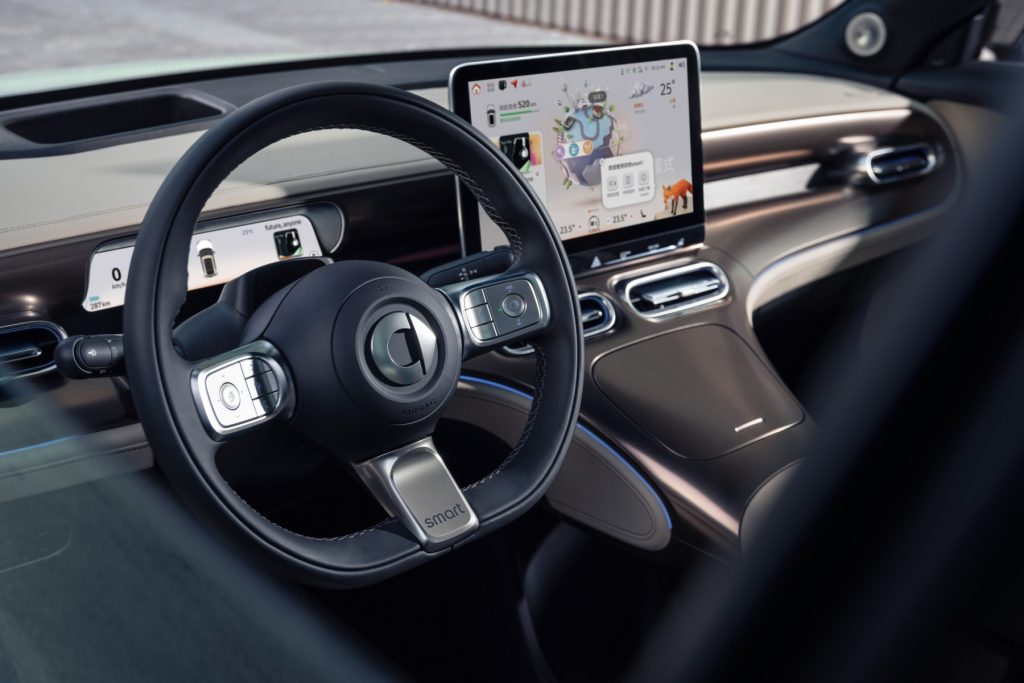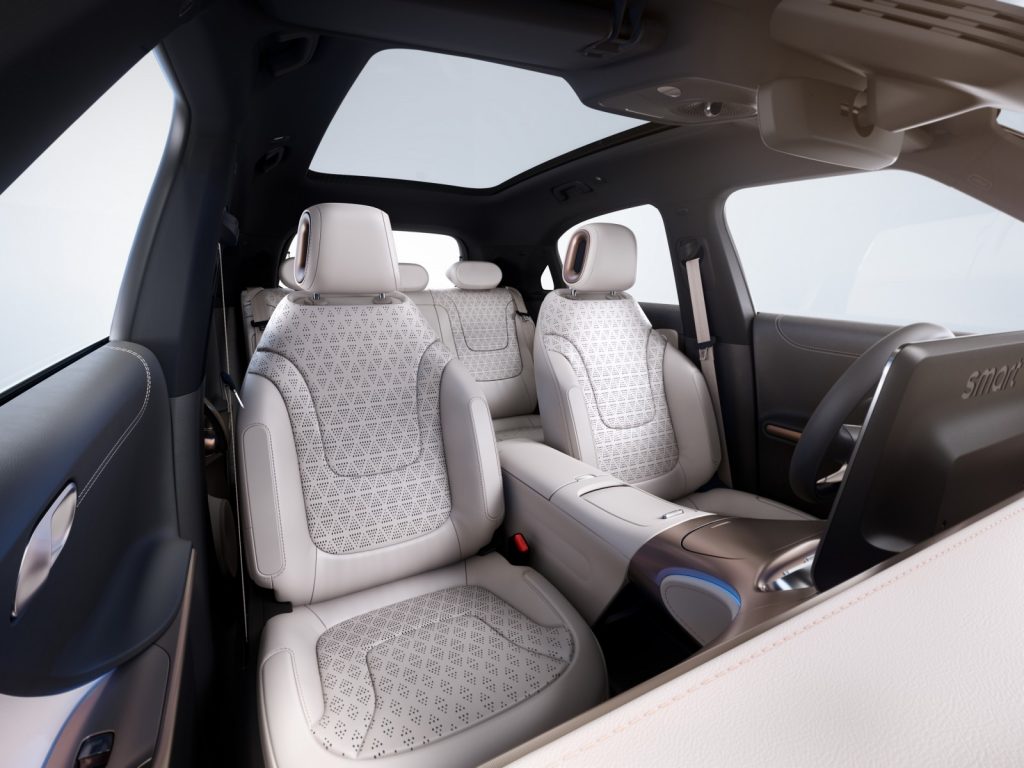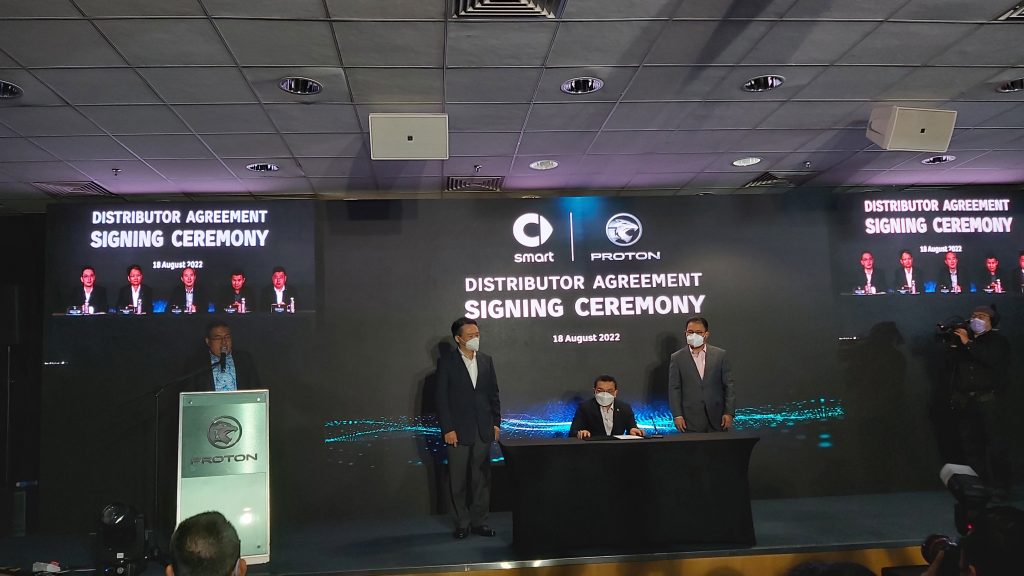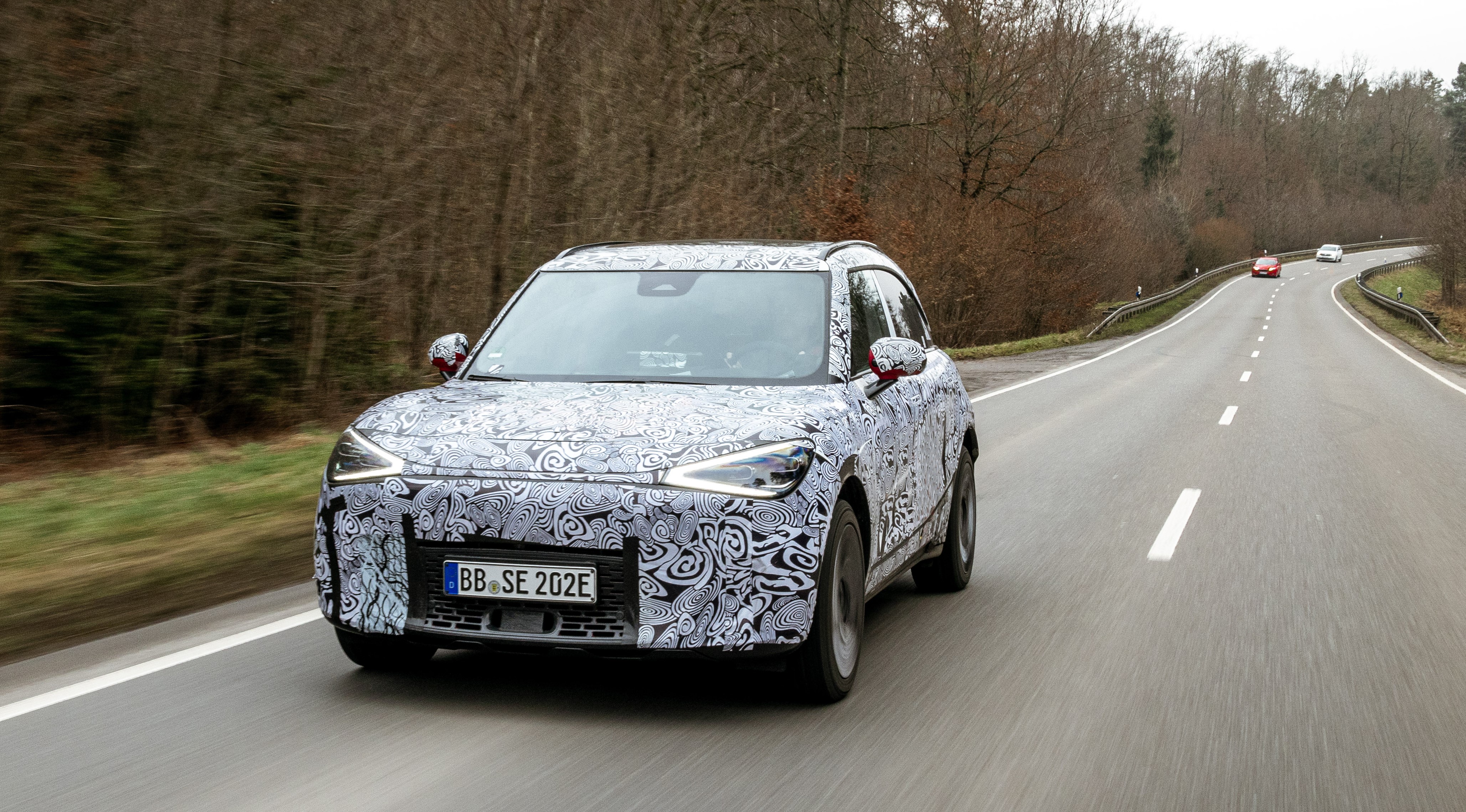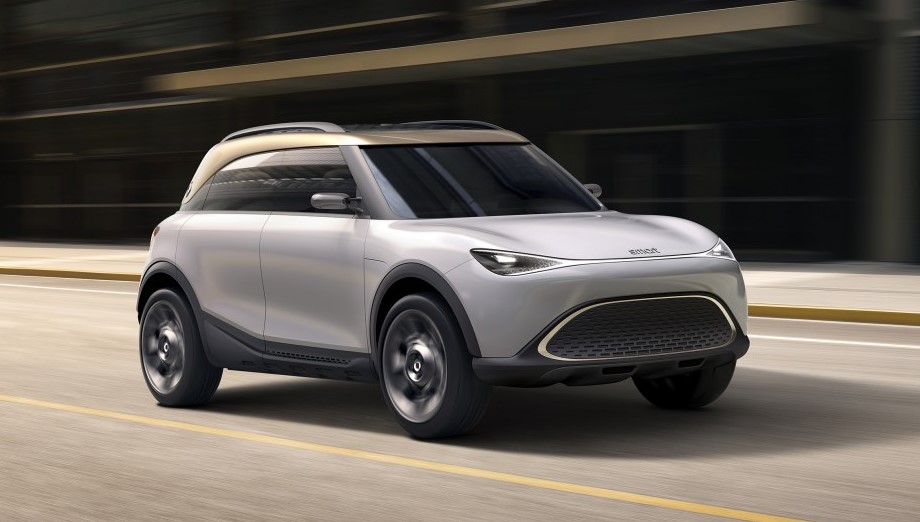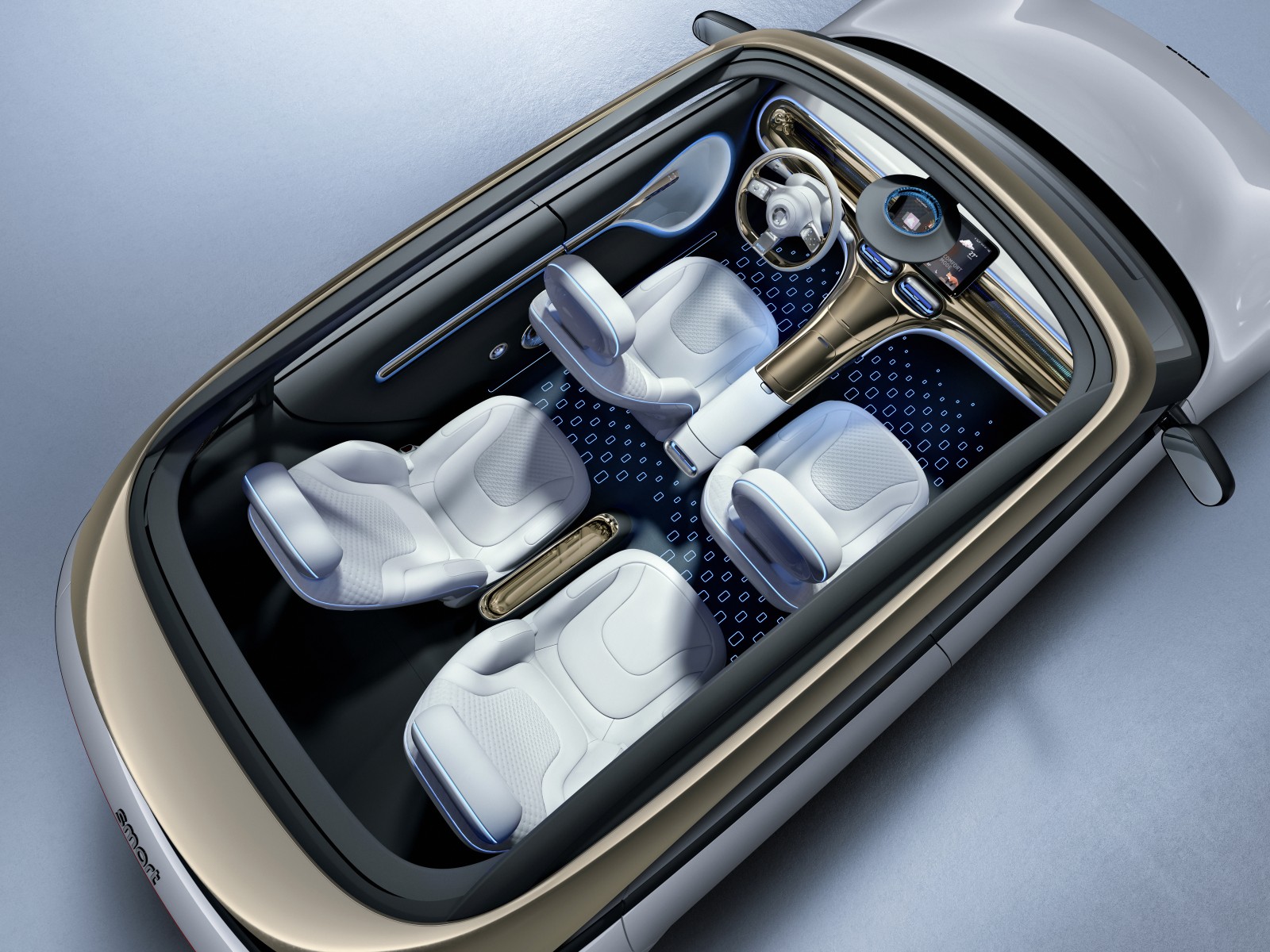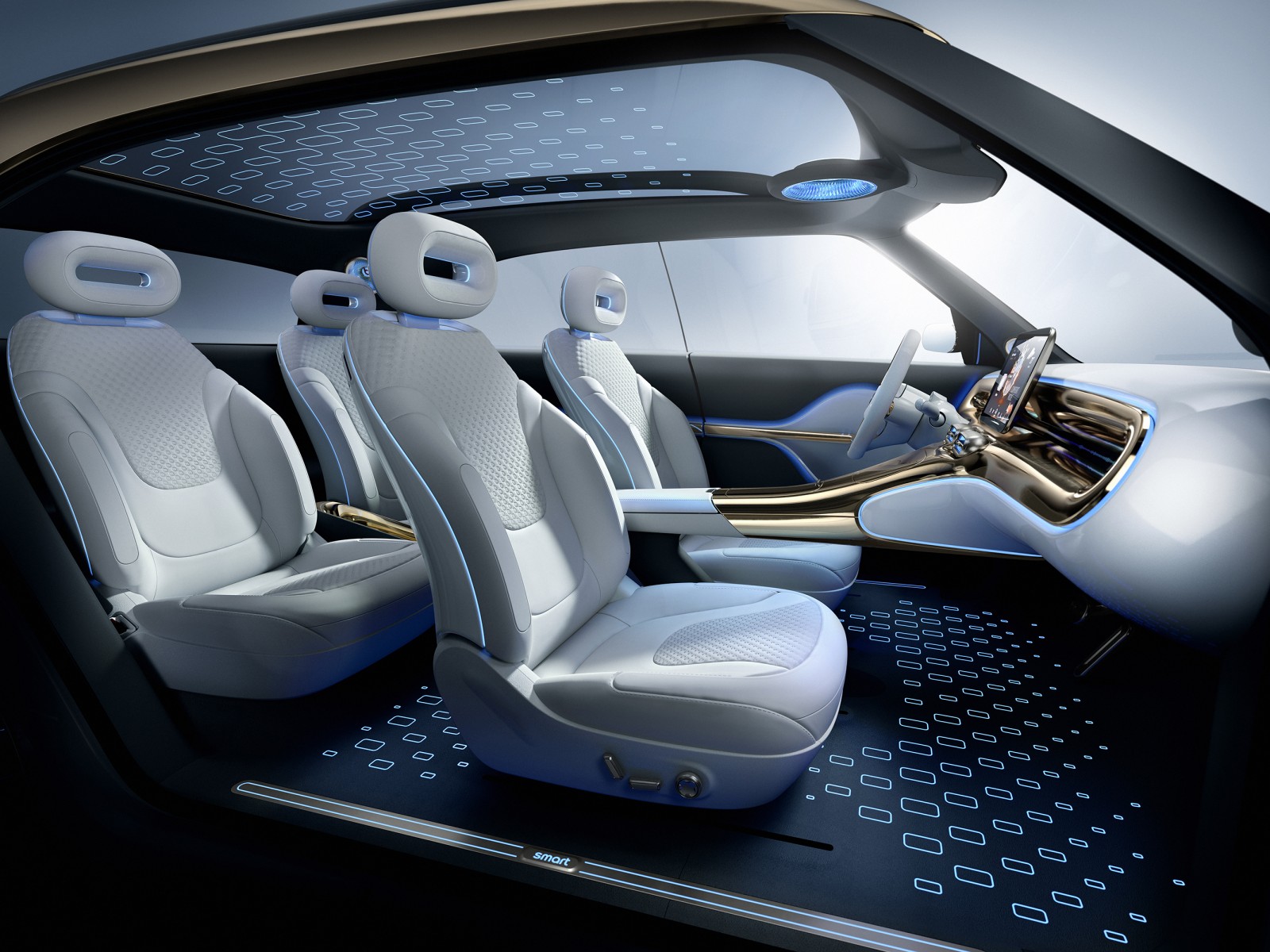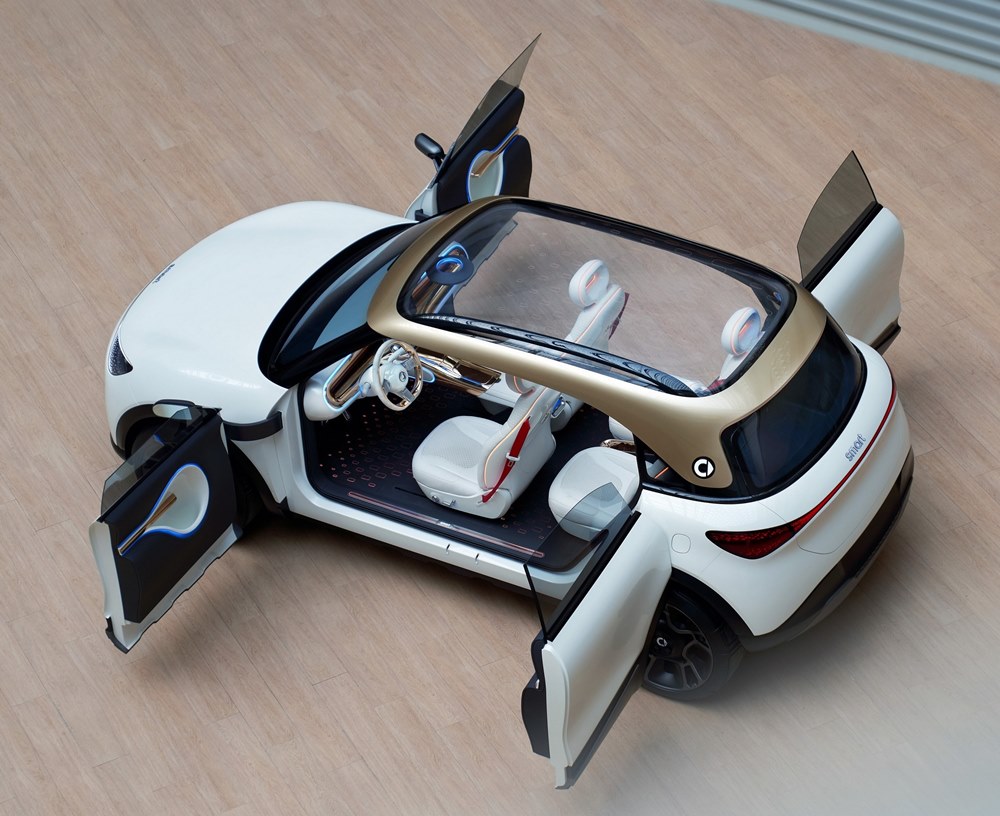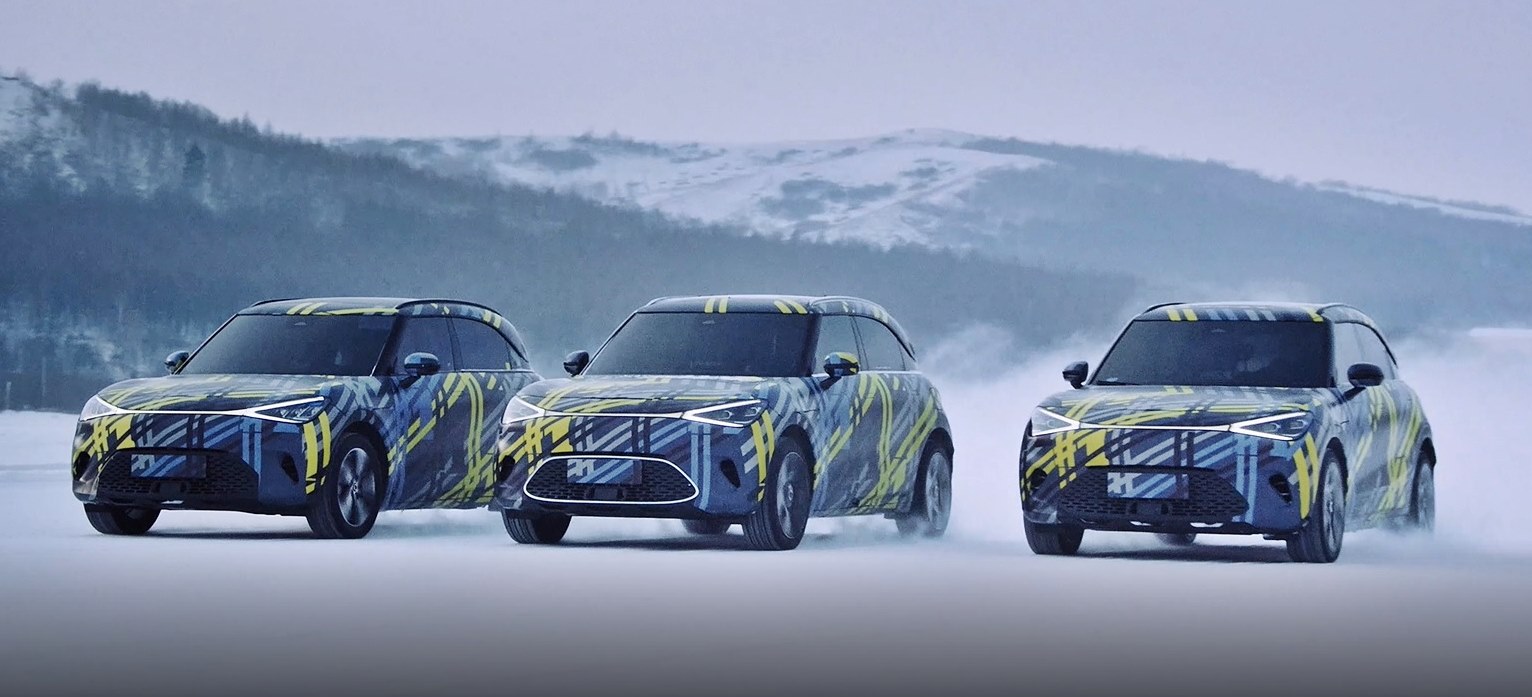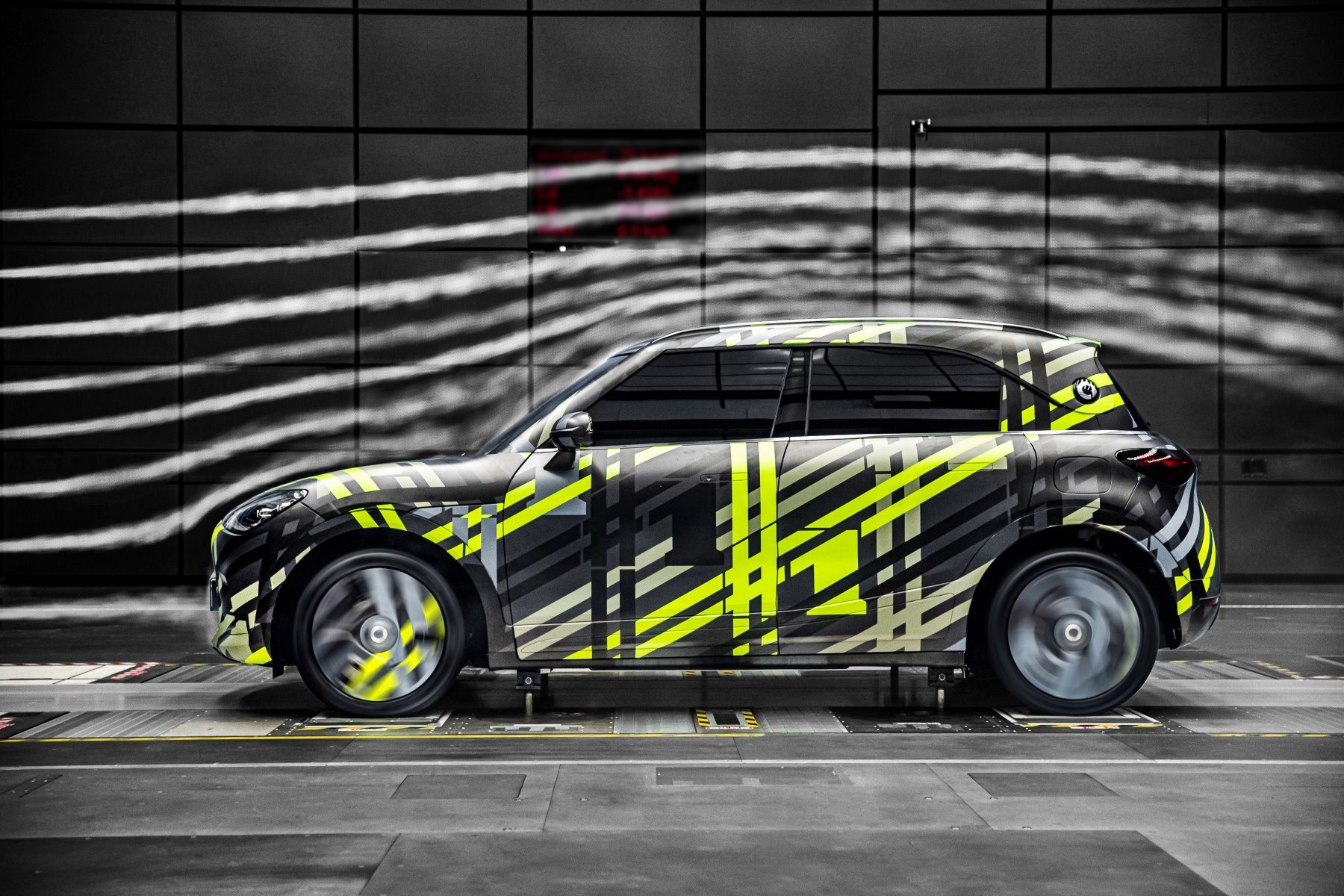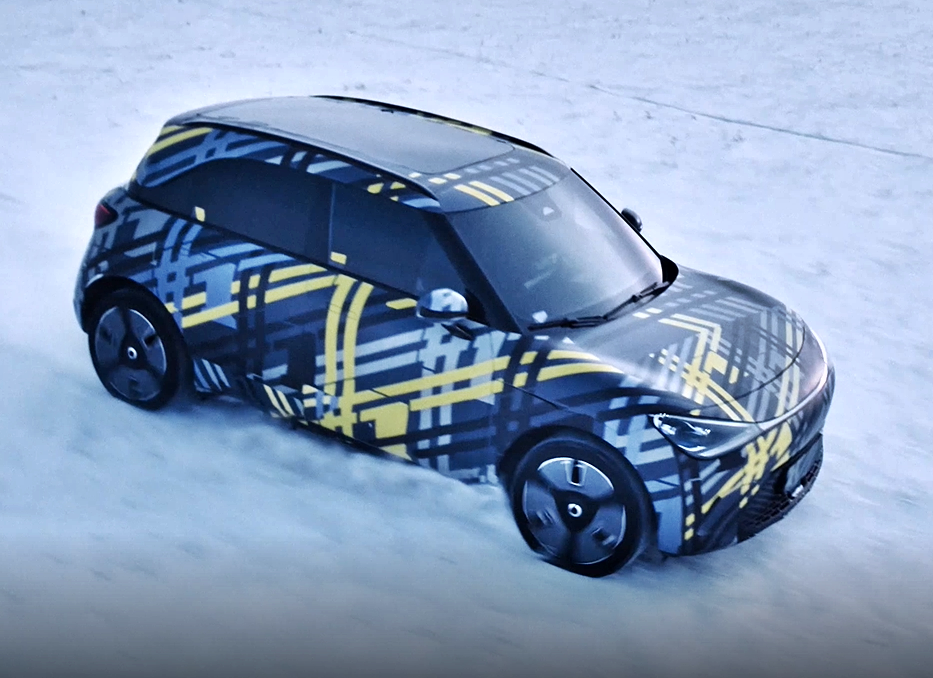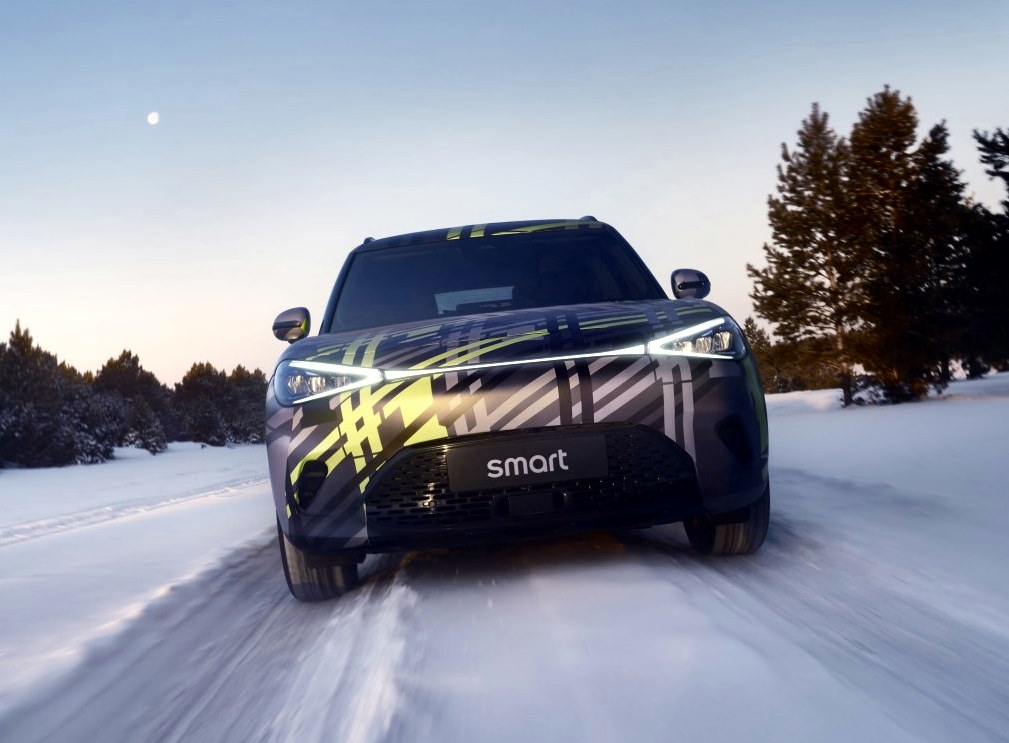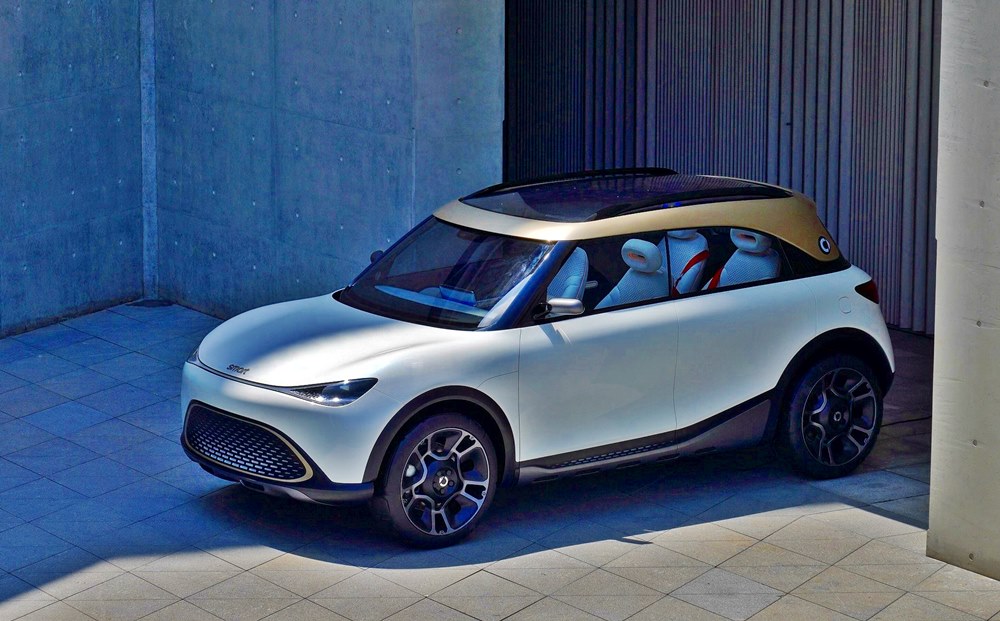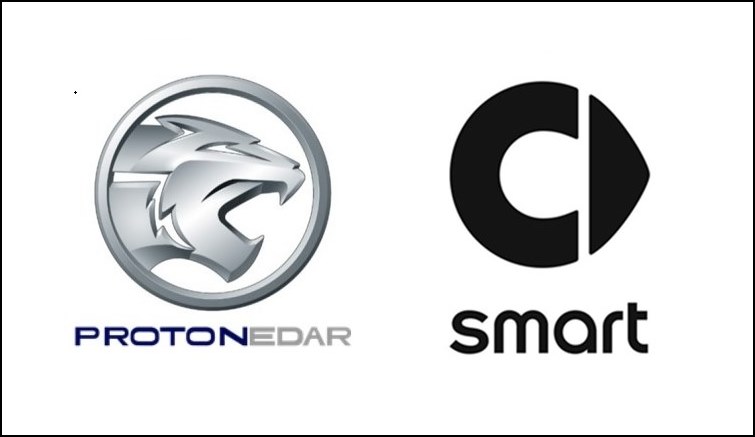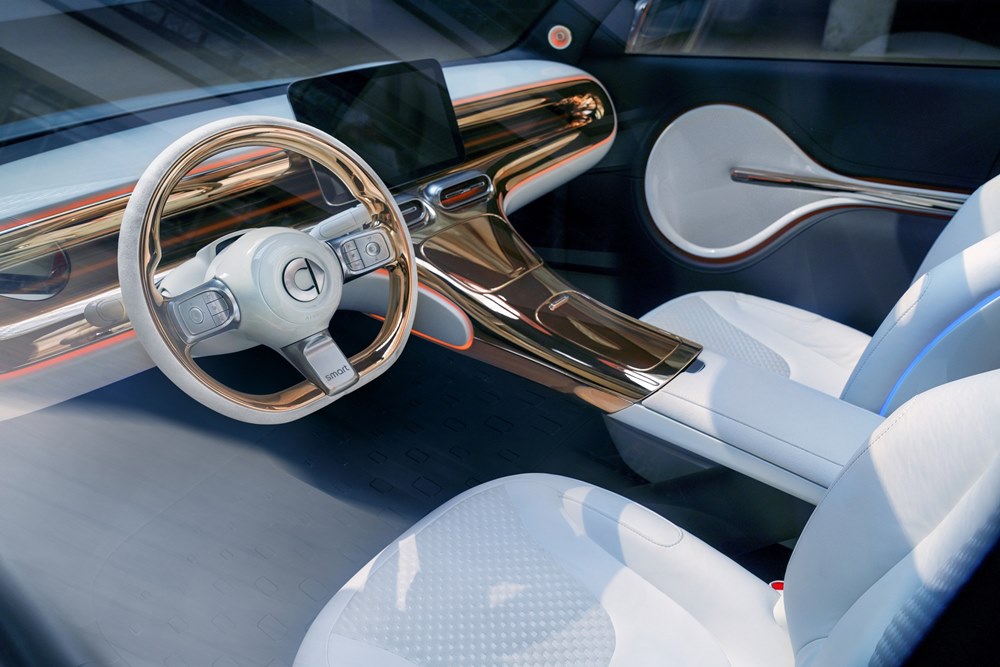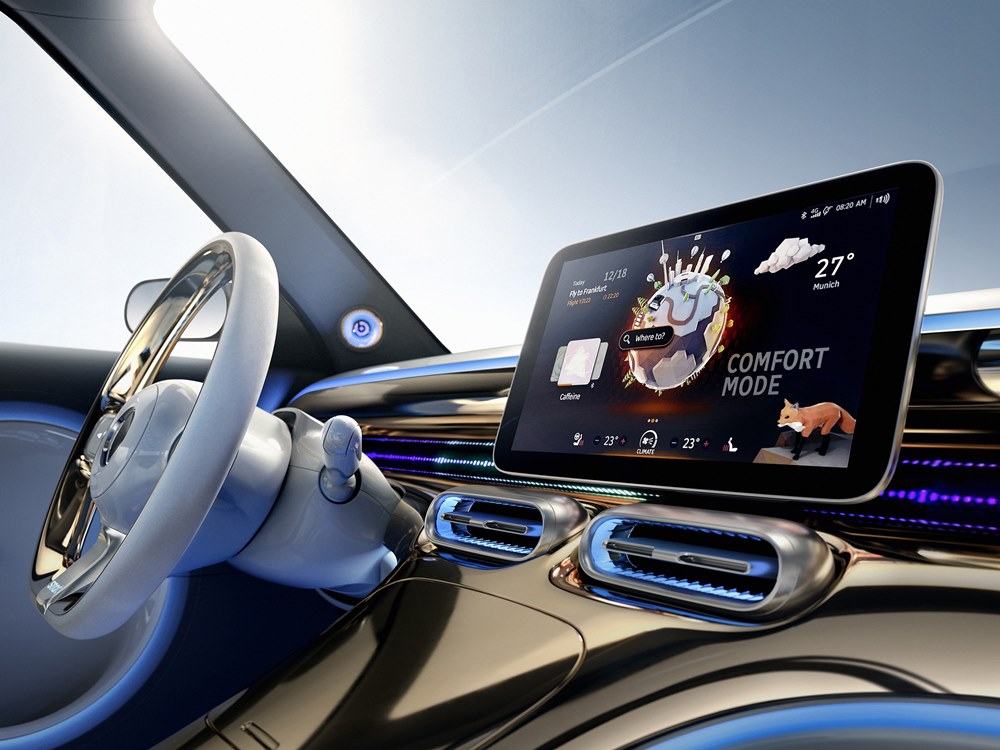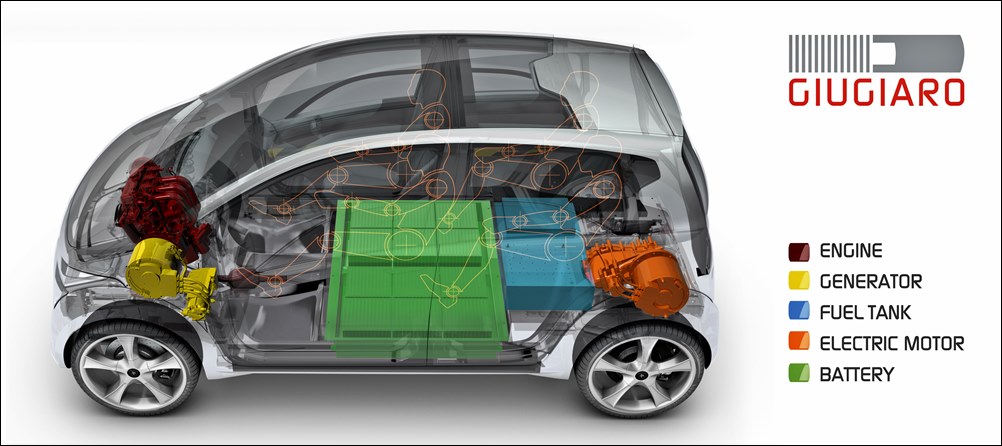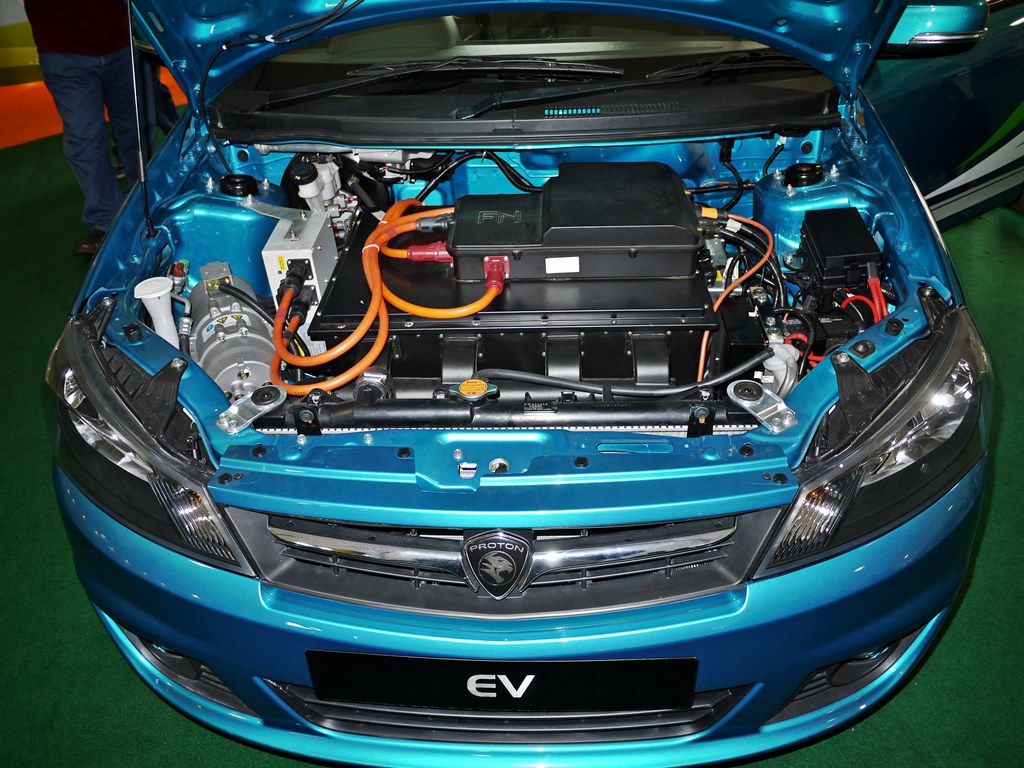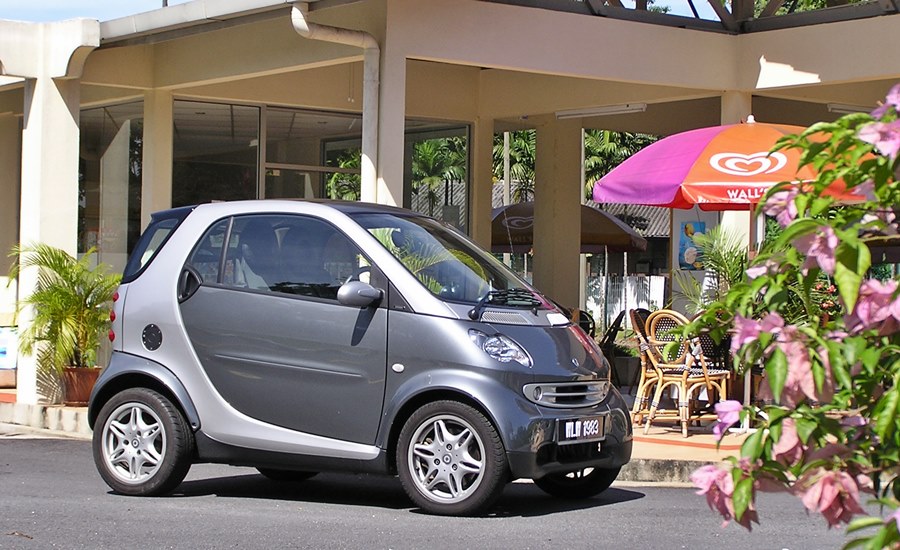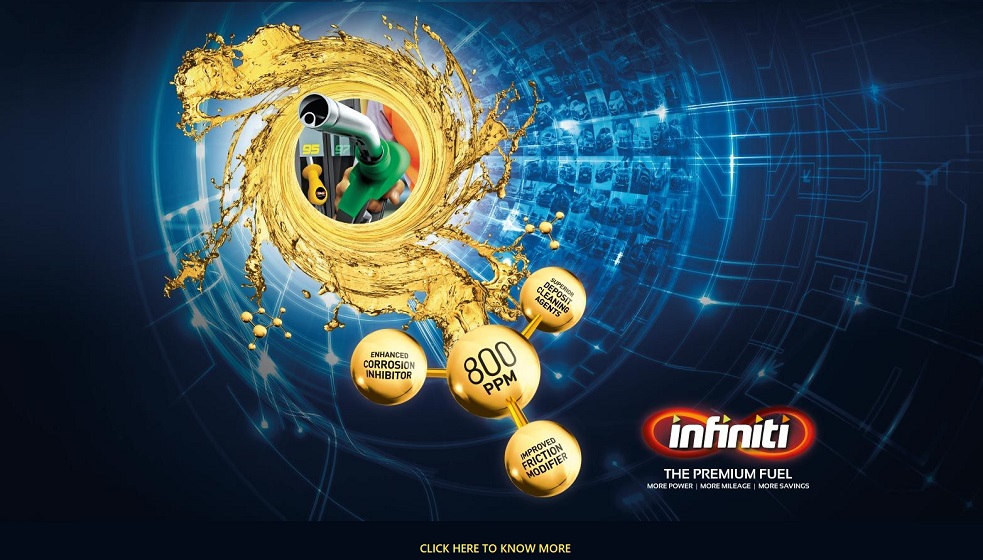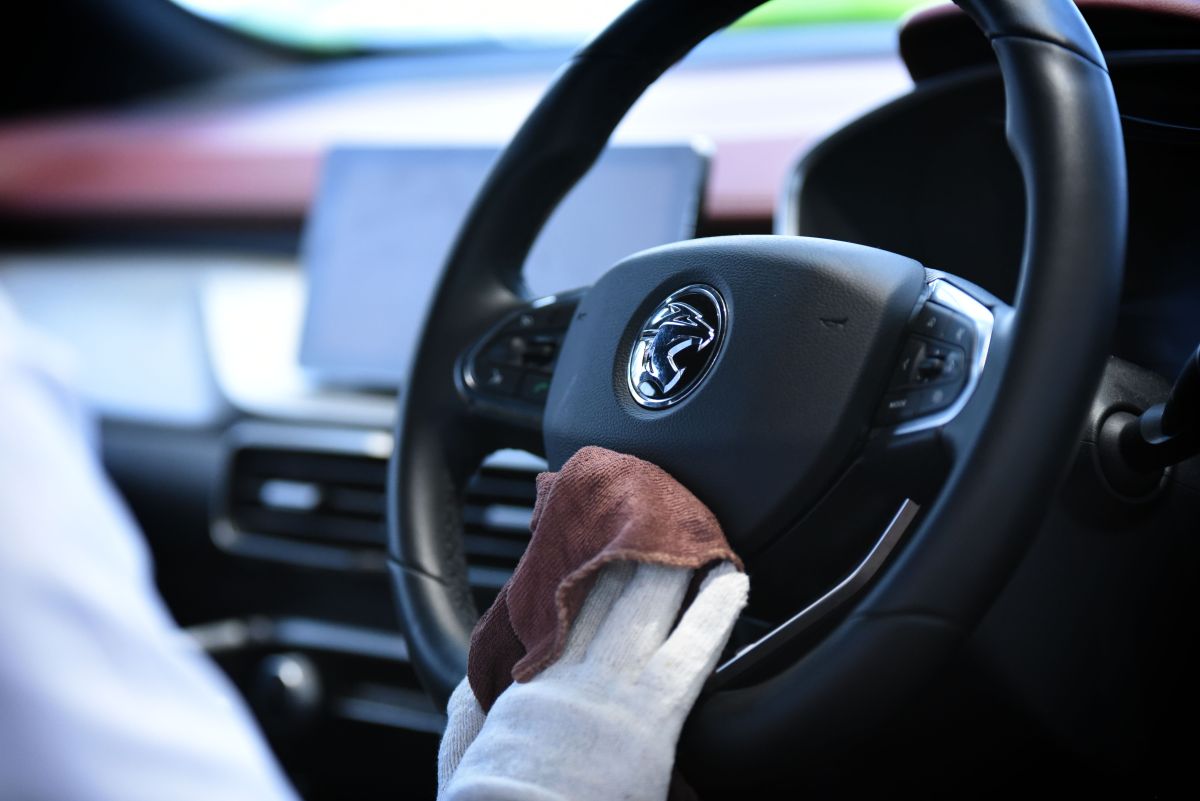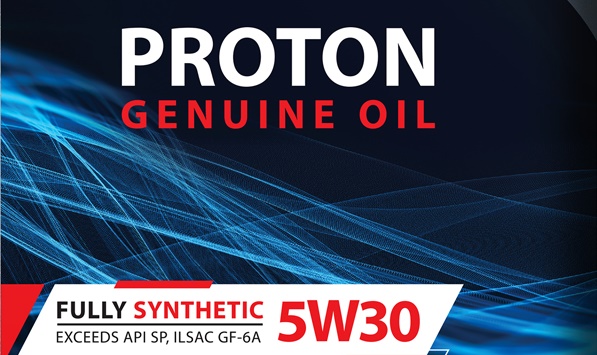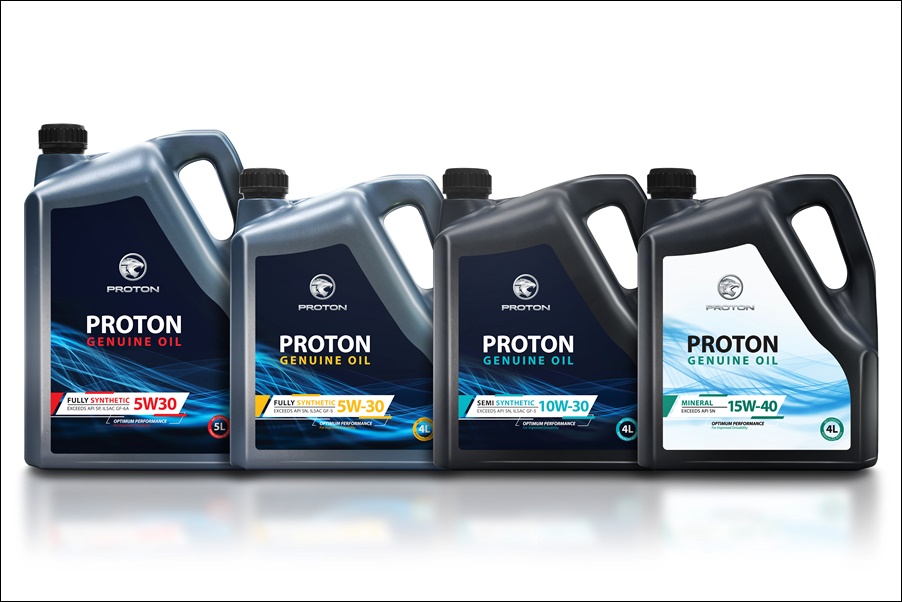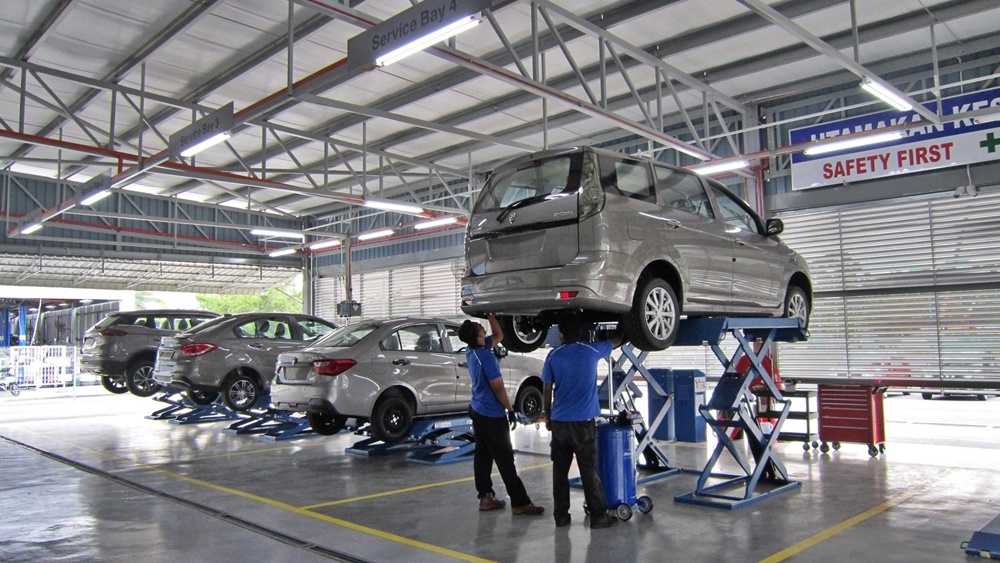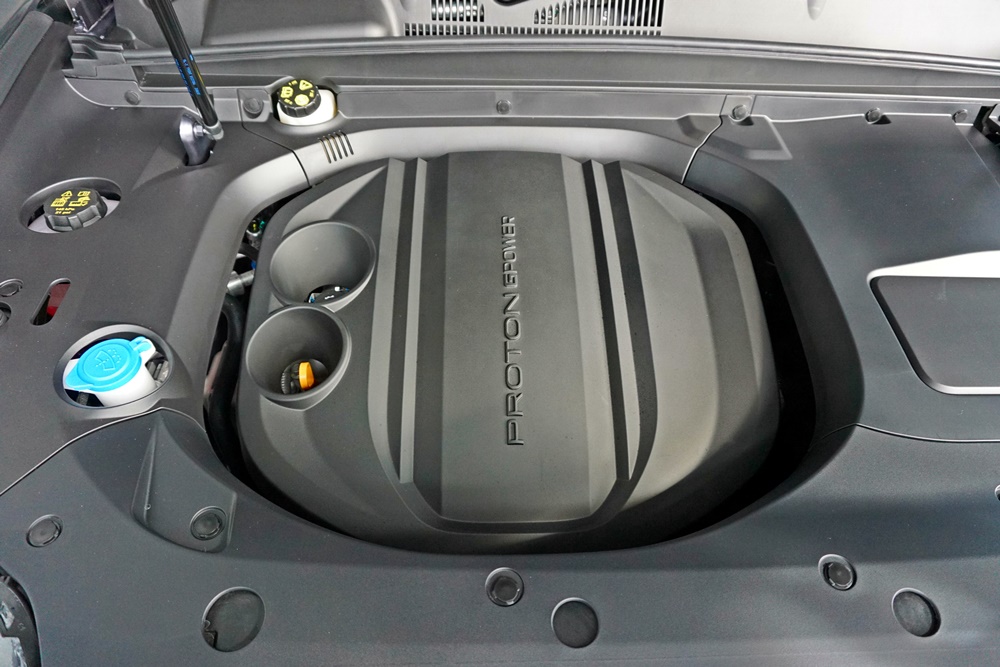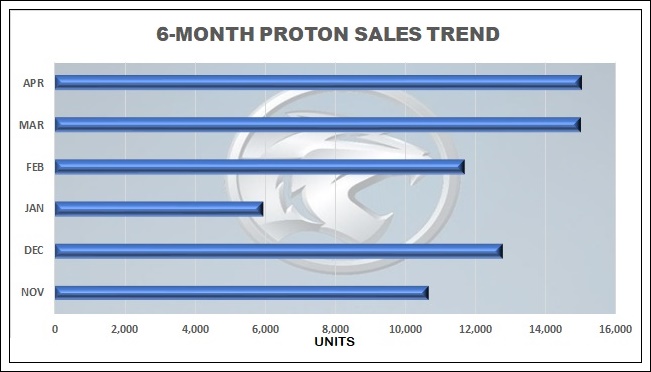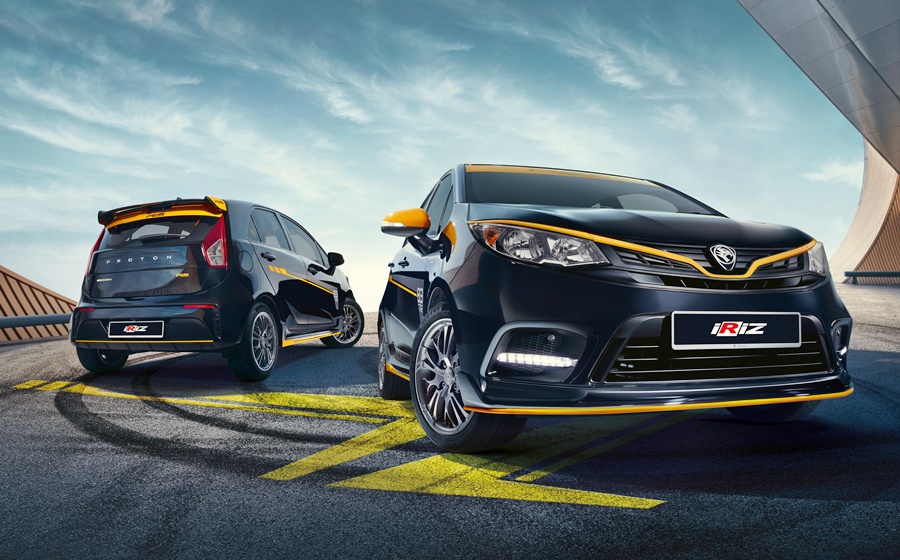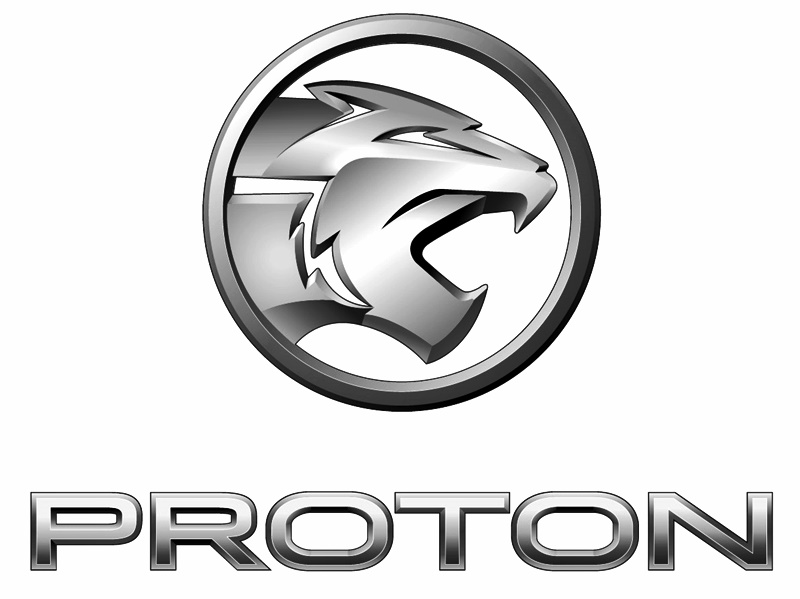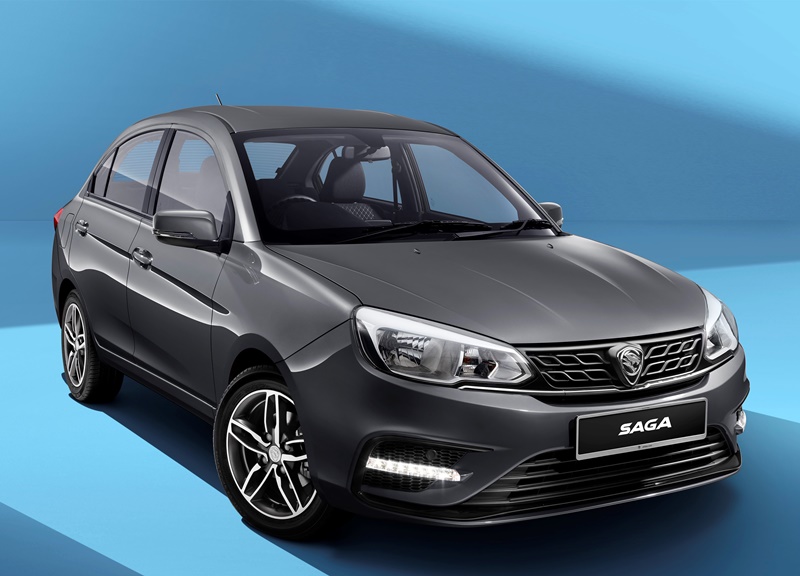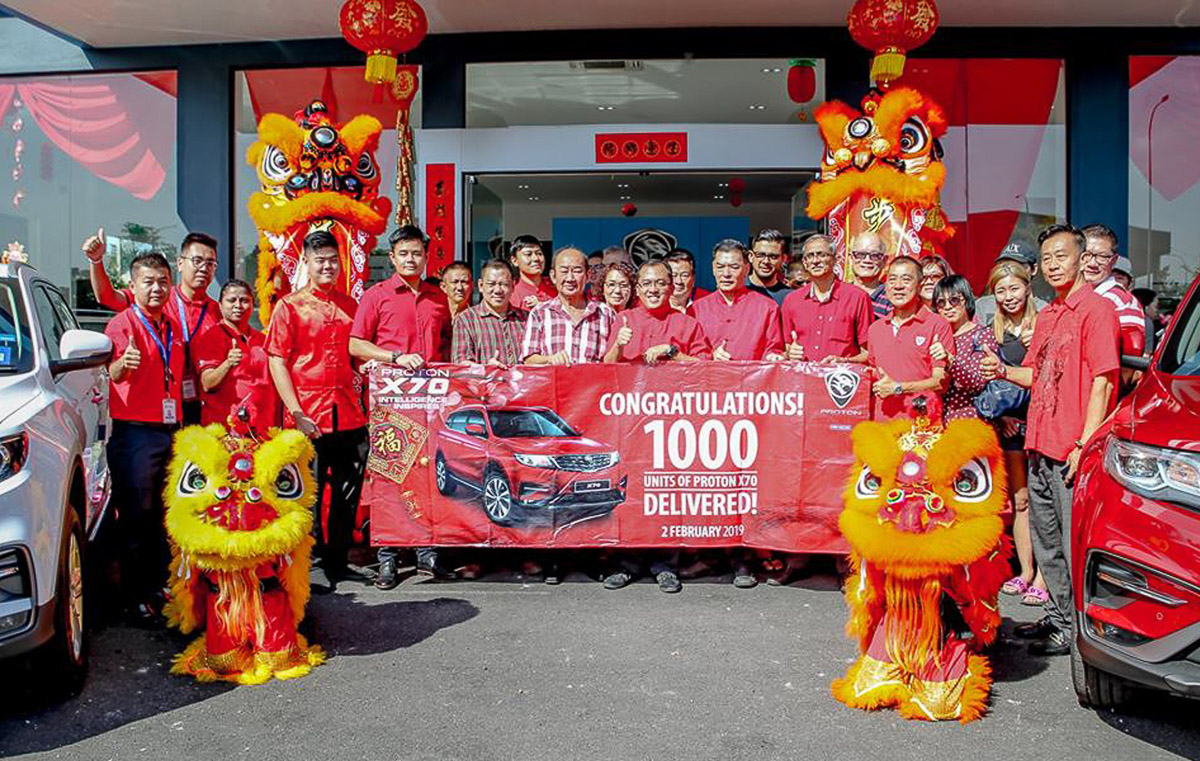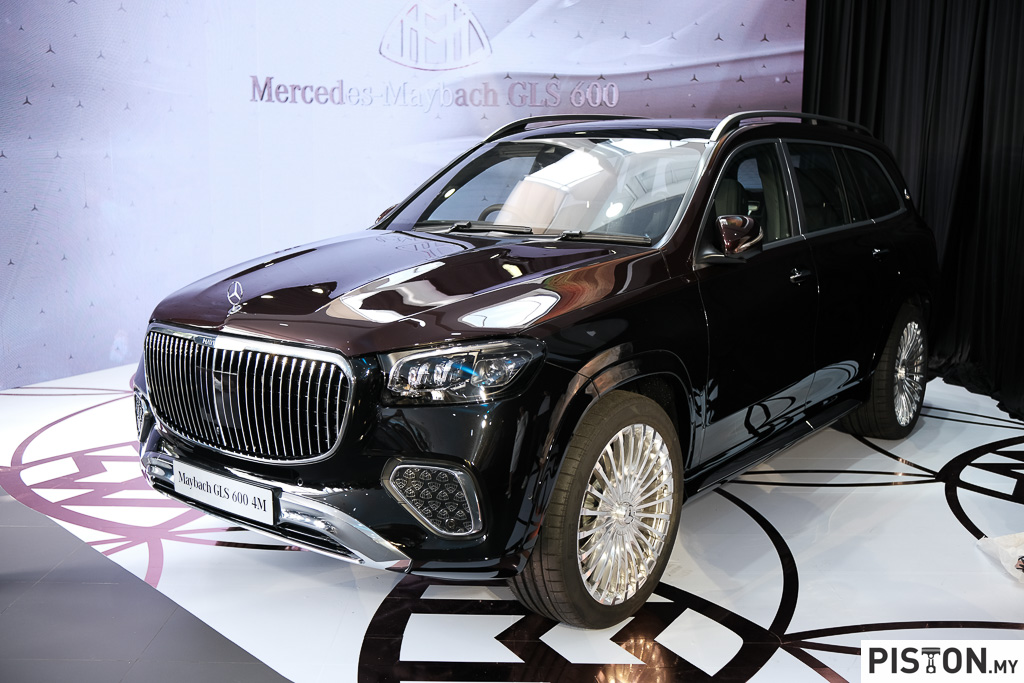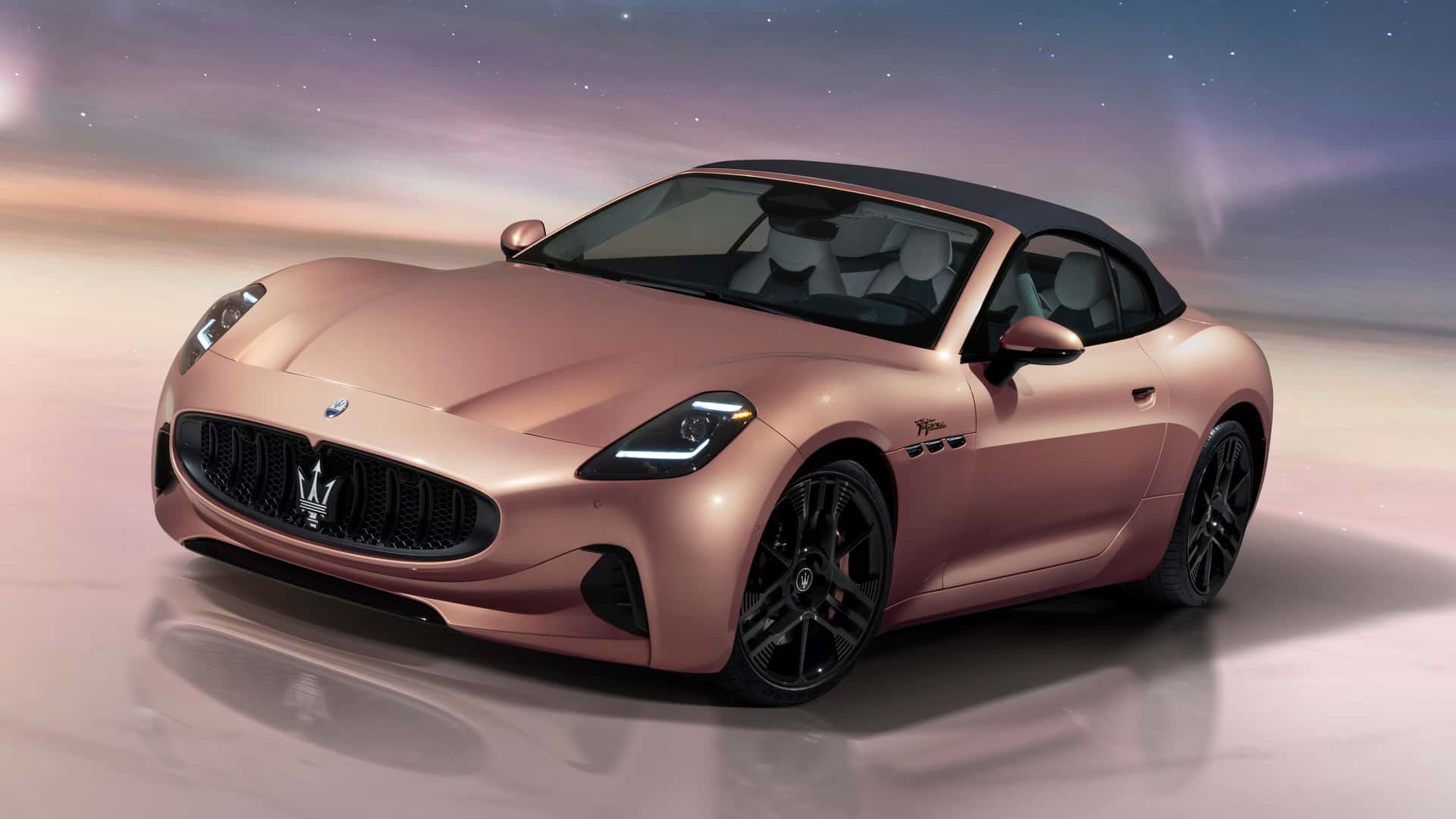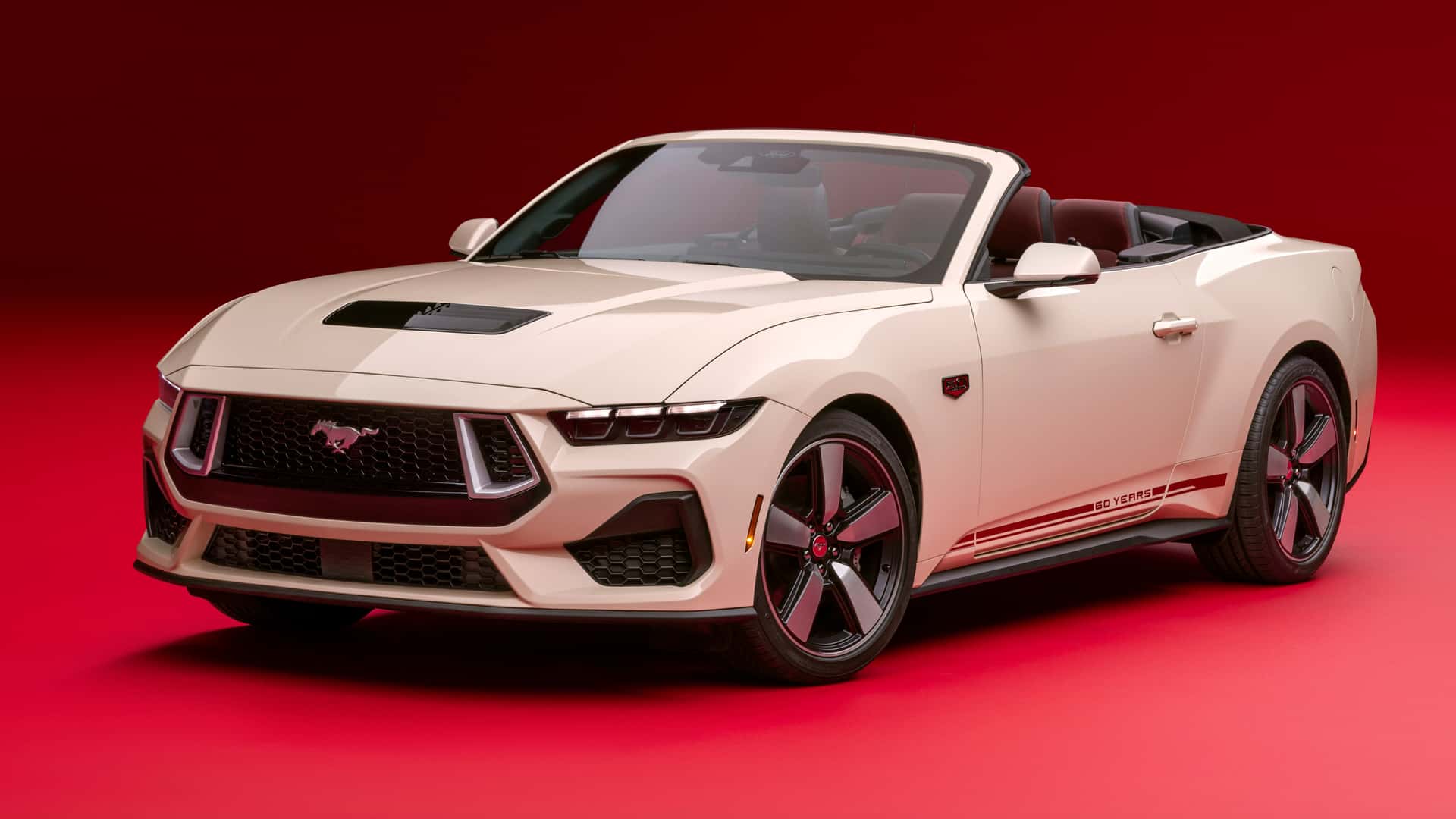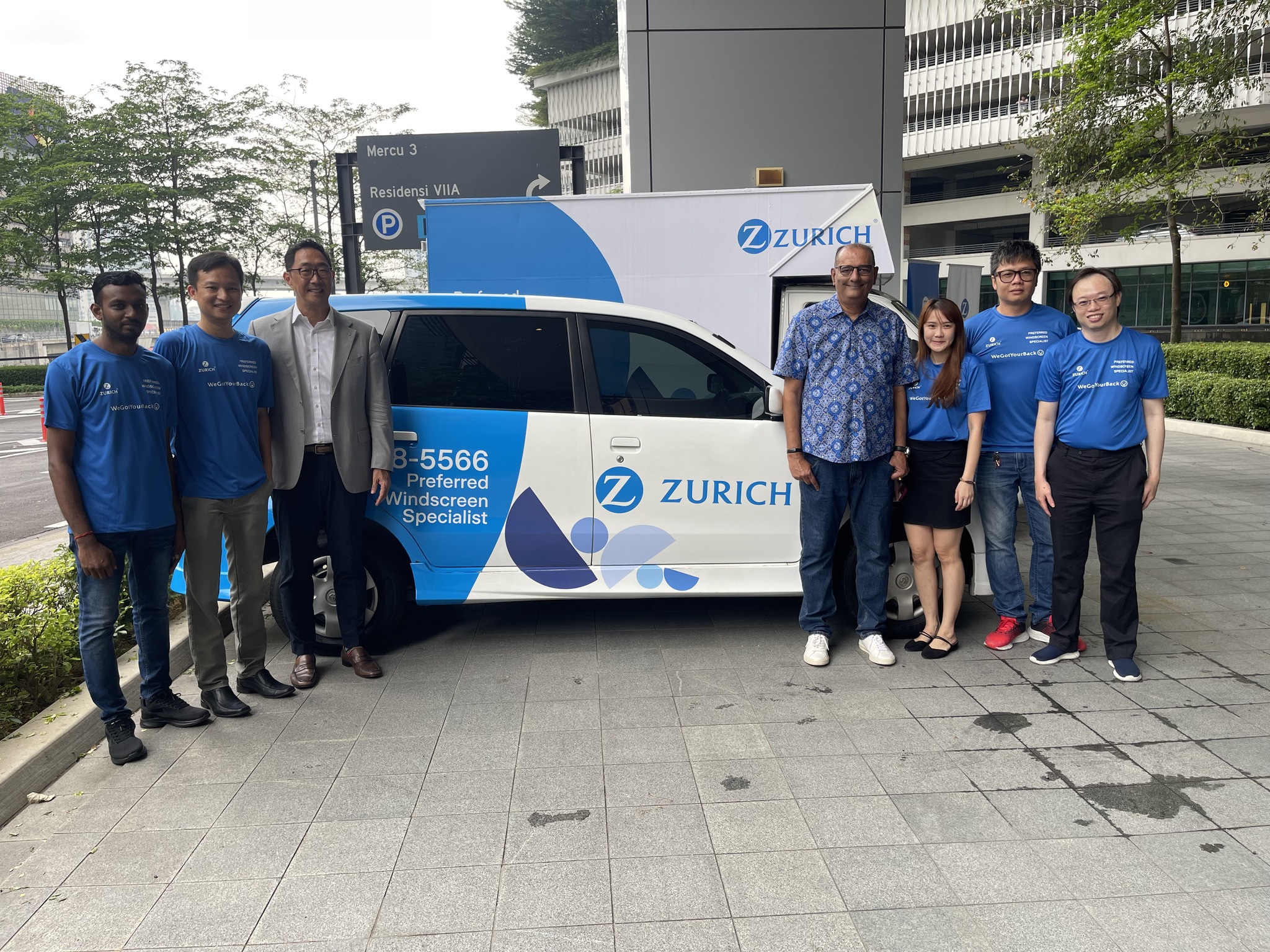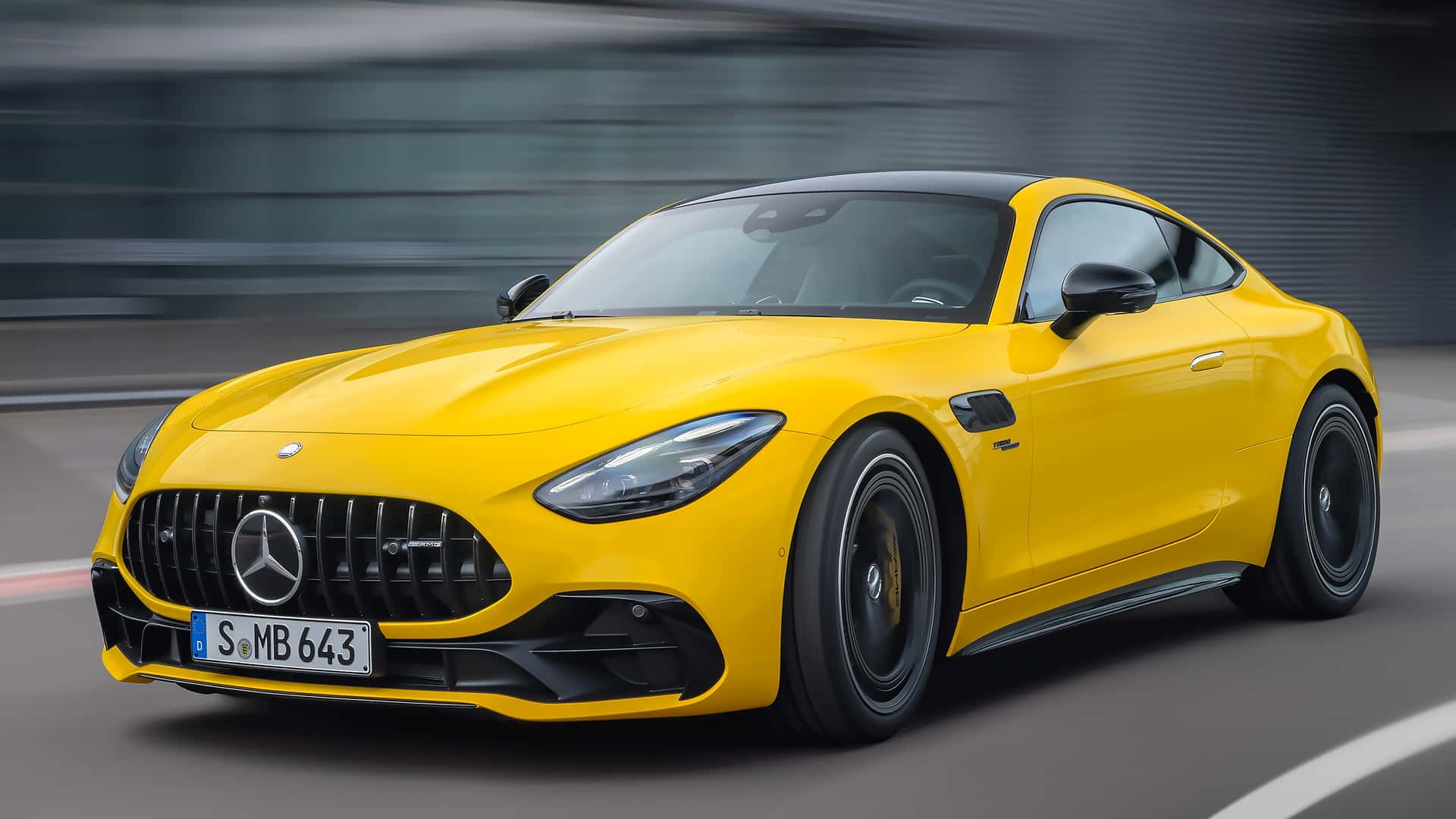Dalam usaha Proton untuk terus memperluaskan perniagaan, jenama automotif nasional sedang mempelbagaikan operasi dan aliran pendapatannya dengan meneroka peluang di dalam dan di luar ekosistem automotif. Peneraju usaha ini adalah Proton Global Services (PGS), anak syarikat milik Proton Edar, yang dalam masa yang singkat mengukuhkan dirinya sebagai penyumbang utama kepada rangkaian perniagaan Proton.
Ditubuhkan pada tahun 2021 dengan hanya satu outlet makanan dan minuman dan barangan cenderahati, PGS telah meluaskan skop operasinya dengan kini merangkumi enam bidang utama, iaitu Gaya Hidup, Kejuruteraan, Latihan, Tenaga Baharu, Logistik dan R3 Motorsports. Dipimpin oleh Ketua Pegawai Eksekutifnya, Lee Yeet Chuan, pendapatan telah meningkat secara eksponen daripada kurang RM1 juta pada tahun 2021 miningkat pula 19 kali ganda pada akhir tahun 2023.
Bagi pembeli dan peminat Proton, bidang perniagaan yang paling ketara ialah bahagian Gaya Hidup dan R3 Motorsports. Yang pertama untuk menguruskan perniagaan Proton Café dan barangan Proton manakala yang kedua menumpukan pada membangunkan varian prestasi dan menjalankan aktiviti perlumbaan Proton.
Proton Café yang dilancarkan pada tahun 2021 menawarkan kopi premium dan makanan kepada pelanggan dalam suasana yang santai. Setakat ini, 16 cawangan beroperasi di pengedar Proton dengan rancangan untuk mengembangkan jejak perniagaan kepada 25 cawangan menjelang tahun 2025. Bagi barangan cenderahati, barangan berjenama Proton sudah lama dijual, tetapi PGS telah mula pengkomersilan. Bagi memenuhi permintaan untuk barangan berjenama Proton dan R3, kini terdapat 20 rakan kongsi barangan Proton di seluruh negara serta kedai maya di protonmerchandise.com untuk jualan dalam talian.
Bahagian perniagaannya yang paling dikenali, R3 Motorsports meraikan ulang tahunnya yang ke-20 pada tahun 2023 dengan pelancaran Proton X50 R3 edisi Ulang Tahun Ke-20. Tahun ini mereka memberi tumpuan untuk membangunkan kereta lumba Proton S70 R3 dengan matlamat untuk menyertai perlumbaan S1K, dan meningkatkan jualan minyak pelincir R3 berprestasi tinggi.
Selain meneroka peluang jualan komersil, PGS juga menjalankan projek dalam ekosistem Proton. Ini membolehkan syarikat induk menerima hasil tambahan kerana keuntungan dikongsi dengan Proton Edar. Contoh projek sedemikian termasuk menukar lampu di casting plant Proton kepada unit penjimatan tenaga yang lebih cekap dan membekalkan perabot serta mentauliahkan ruang pejabat baharu untuk pemindahan jabatan ke Proton Tanjong Malim.
Bahagian Tenaga Baharu pula memberi tumpuan kepada pengenalan tenaga yang boleh diperbaharui untuk membantu penarafan ESG syarikat sambil menjual penyelesaian bagi penjimatan kegunaan tenaga. Inisiatif yang dijalankan termasuk penjualan dan pemasangan sel PV solar kepada pengedar dan vendor Proton serta bekerjasama dengan rakan kongsi untuk membina bukti konsep untuk pengecasan EV mudah alih.


